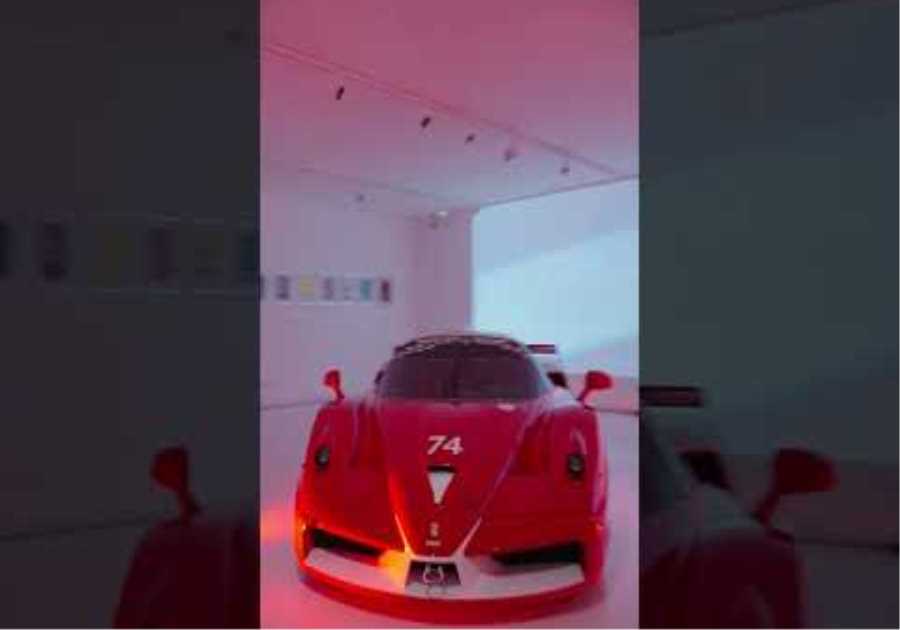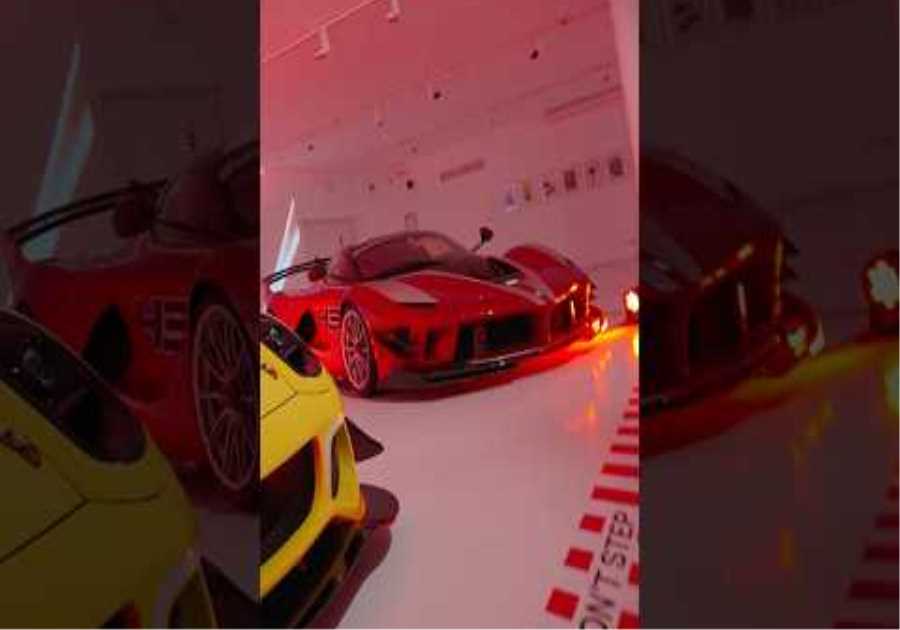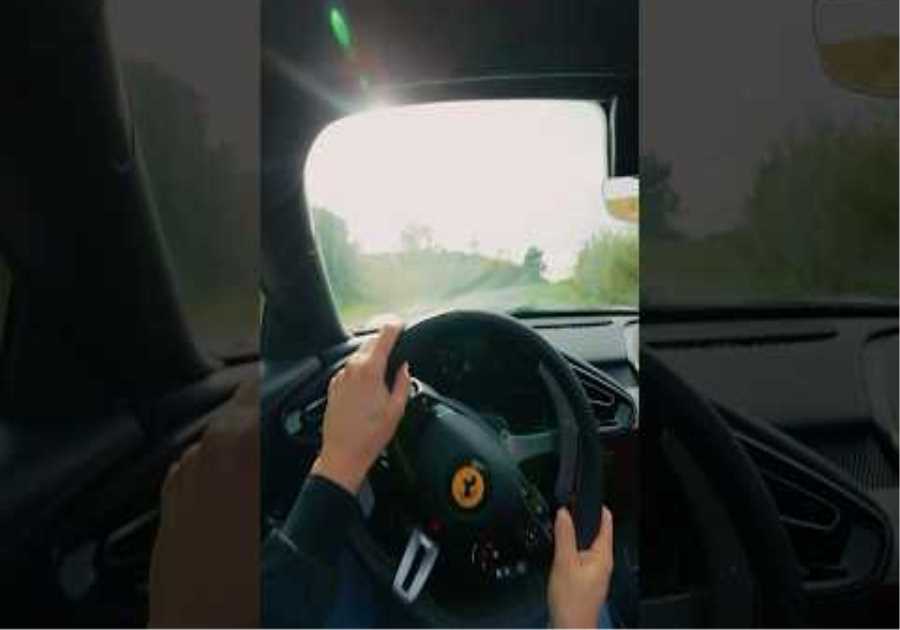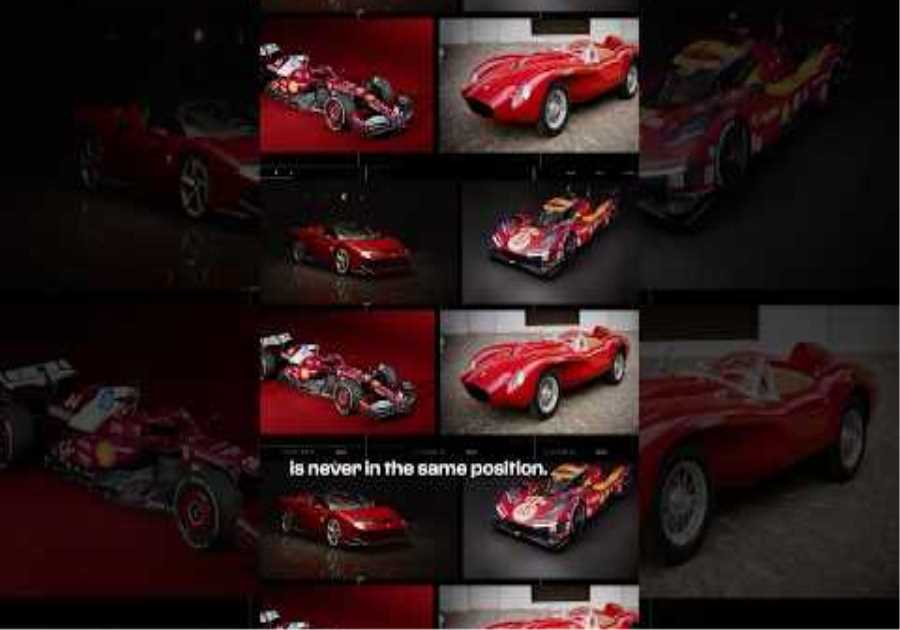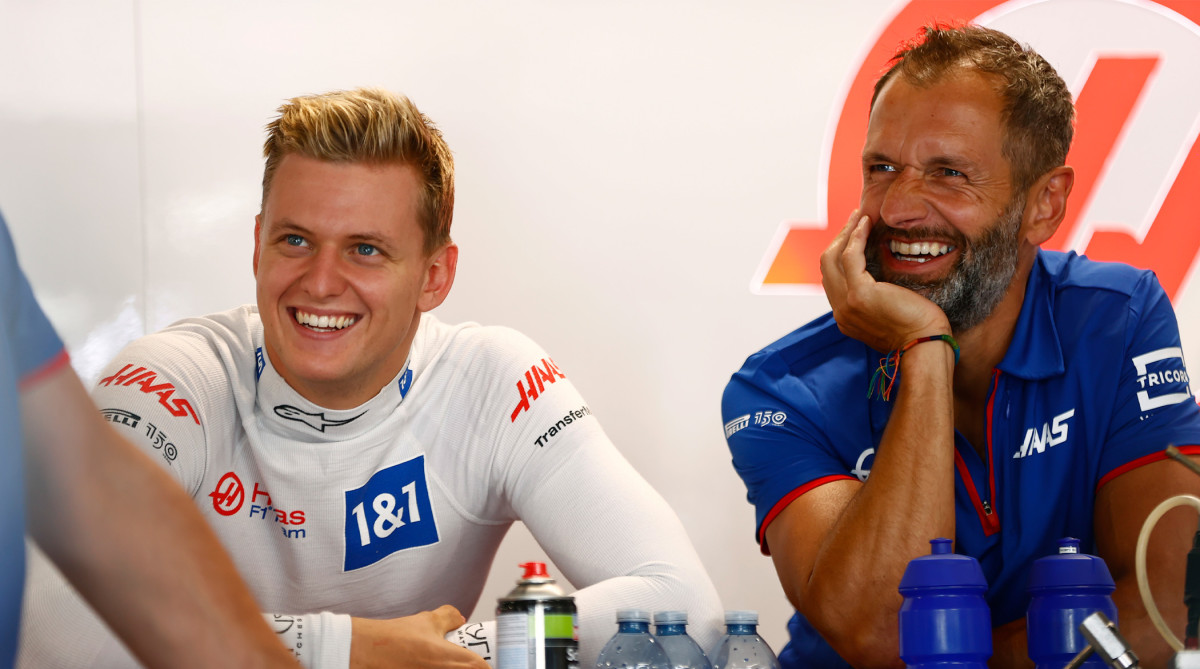
Schumacher is a household name in the motorsport community, no matter if you’re a dedicated Formula One aficionado or just beginning your fandom.
For 19 seasons, Michael Schumacher dominated the circuit and became the most successful driver in the sport’s history. The seven-time world champion holds almost every scoring record in the book, and, although he took a hiatus after the 2006 season, the legend reemerged in ’10 to compete for another three years.
His name carries weight, and it likely placed added pressure on his son’s shoulders as he made his way up the racing ranks. But Mick Schumacher has started to build a legacy of his own.
He’s a member of the Ferrari Driver Academy, entering the Formula One scene in 2021 with Haas F1. Fresh off of clinching the previous season’s Formula Two title, Mick hit the ground running and impressed despite back-of-the-grid machinery. He outqualified and finished ahead of former teammate Nikita Mazepin for most of the ’21 campaign, and now Kevin Magnussen is pushing him as Haas F1 powers to the midfield.
Although Schumacher missed the Saudi Arabian Grand Prix and has recorded two DNFs in Monaco and Montreal (the latter for engine troubles), he’s placed in the top 15 in five of the six races he’s finished. Comparatively, he finished in the top 15 in only four races last season, recording three DNFs in 22 competitions.
Watch F1 all season long with fuboTV: Start a 7-day trial today!
Schumacher heads into the British Grand Prix off of a career-high sixth place F1 qualifying position, looking to overcome the engine troubles in Montreal on a circuit that held the first Grand Prix in the sport. But he does so paying homage to each race to his family legacy, racing the No. 47
Four is his favorite number, as he won a championship with it. He wrote on his website that he finds himself “in everything it stands for – responsibility, curiosity, determination.” As for the seven, it honors his father. Combine the two, it creates “a unit of the two of us.”
As F1 prepares to race at Silverstone, Sports Illustrated spoke with the German about one of F1’s best tracks, his happy place outside of the car and advice from his father that stays with him to this day.
Mike Schumacher
Courtesy of Haas F1 Team
Fuel for Thought is Sports Illustrated’s exclusive Q&A with Formula One’s biggest names. The following questions and answers have been edited for brevity and clarity.
Sports Illustrated: What stood out to you about the Canadian Grand Prix that didn’t make the headlines?
Mike Schumacher: On one side, the fans being back and stuff. It was so nice to see a crowd again, and also they being there when it was pouring down basically was something quite special. Thank you to everybody who came. Other than that, obviously, most of the people know, but a good qualifying session. But I think also people didn’t realize how far up in the ranking we were during qualifying, and I think that’s something that is good to be mentioned. It’s been by far our best qualifying since I entered Formula One.
SI: What were your thoughts and emotions after your best qualifying performance?
MS: They were happy on one side but kind of not on the other side, because I obviously wanted to be in front of my teammate. It was unfortunate that [it] didn’t go to plan. But that’s also Formula One, and that’s life. We still clinched our best qualifying position. But again, I think it’s much more than that, because the whole session was so dominant in a way, and for our own expectations, I think we really exceeded them, which is something quite nice for change.
Scroll to Continue
SI: What should we be looking out for at Silverstone? What part of the track is the most challenging and why?
MS: Silverstone is a very historical track so that’s one part to look out for is just enjoy the racing which you will find here. On the other hand, as well, we have some iconic parts on this track, which is like the Maggotts and Becketts, which I feel like is, for me, the most exciting part of this racetrack. But then again, there’s also corners six and seven, which is a very long entry to the left hand and then tightening up to go into the right hander and still trying to get a good exit. It’s just very technical on some parts of the track. It’s a very nice combination of corners, and it’s hard to decide on which one to look out for. But I think if you have a look at the session, that’ll be enough, because you’ll see a lot of action just from watching.
SI: How would you describe the atmosphere within the team right now?
MS: It’s good. Obviously, we probably aren’t where we’re supposed to be or where we deserve to be. I think we’ve got a fairly quick car, and I think we’ve been a bit unlucky with some of the past races. I think we deserve a lot more points than what we actually have. We better get going and pick up the pace and try and catch up to what we lost.
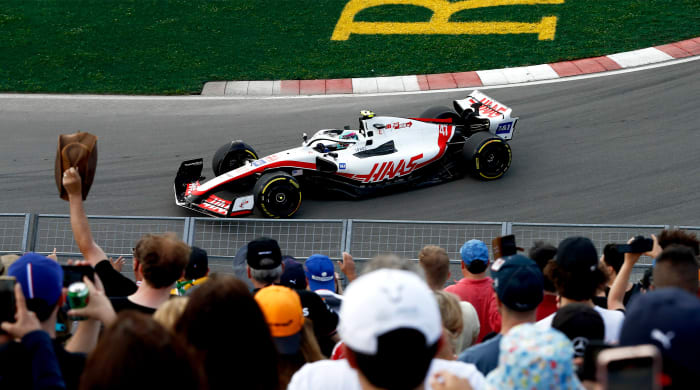
Mike Schumacher
Courtesy of Haas F1 Team
SI: You have had a couple of crashes this season, but you seem to be able to bounce back. How do you reset your mentality?
MS: I did, but it’s all part of a learning process, I guess. These cars are quite difficult to drive. They’re quite new. I think nobody before going to Jeddah thought that kind of incident would be possible just because last year it wasn’t a problem and suddenly this year, it became one. It’s unfortunate that we were the victim of that, but it’s all part of a learning process. For me mentally, it’s easy to bounce back just because I love the sport and there’s nothing that will stop me from wanting to do this sport. So yeah, it’s pretty easy for me to come back.
SI: Who is Mick Schumacher?
MS: I don’t really like describing myself. I think that’s something which sometimes could come out as in love with yourself or full of oneself. I usually let people describe me, because then I get their own opinion.
SI: What is your happy place outside of the car?
MS: Definitely family and my dog or dogs, I would say. That’s where I kind of get my comfort from and then it’s just being… just on my own in a way, sometimes as well. So I like spending time with myself and going out on a walk. And that’s what I like about dogs. You don’t need a conversation to feel like you’re heard.
SI: Your dad had a lot of success in the sport. You were there for a lot of the races. What was it like growing up in the paddock with him?
MS: I didn’t go to many races, but to the races that I did go, it was very exciting for me because I was racing go-karts already from a young age and seeing what he was doing. I didn’t really understand it back then, but it was still very exciting to see. I, now, with the vivid memories that I have can relate a lot more to how he felt and what he was doing and stuff. So obviously, it’s very different times, but still, it’s a very similar sport. It’s very nice to appreciate much more what he has done and achieved.
SI: Is there a piece of advice that your dad has given you that has stuck with you?
MS: It was less of an advice. It was more of decision-making, and it was back in go-karting when he asked me if I wanted to do this on a hobby basis or if I wanted to do this on a professional basis. I clearly said that I want to do this on a professional basis, and then he said, “Well, then you gotta start working.” It’s that work ethic which definitely [stuck with] me It’s also the love for the sport in general, always going back to the roots, basic karting. That’s why we do this is. [It’s] because we love it, and it’s not for the financial side, it’s not for the fame or whatever. It’s purely just for racing. At least that’s why I’m here.
More Formula One Coverage:

